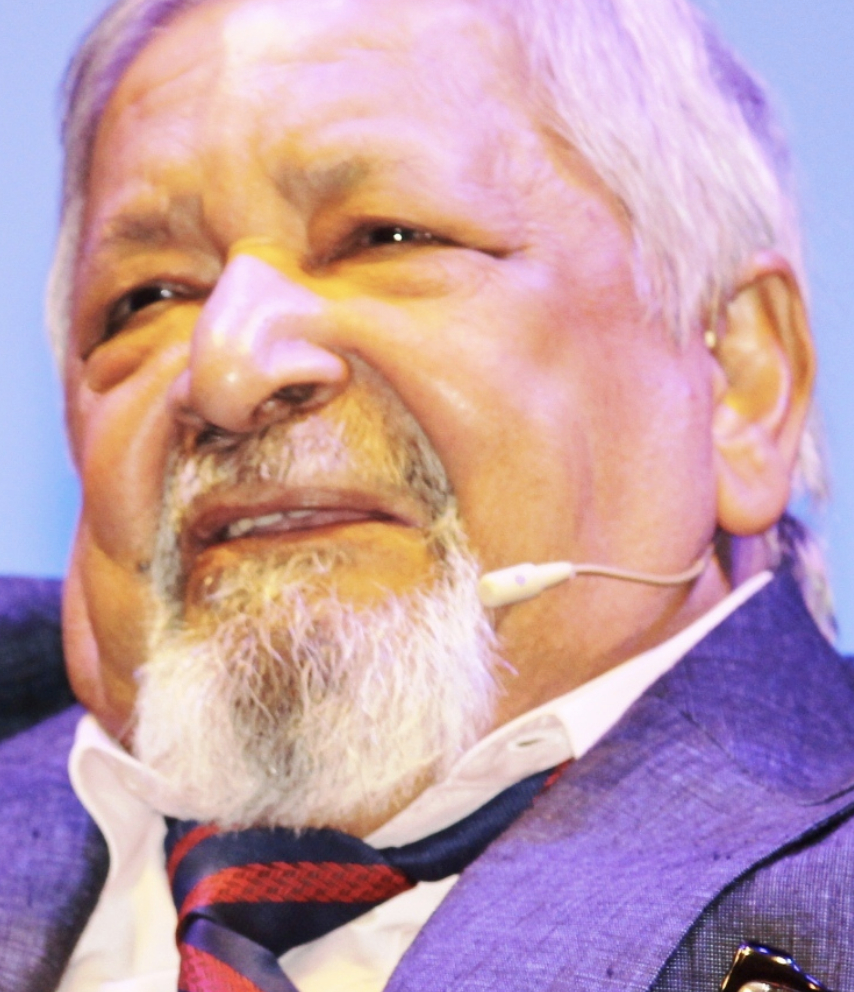On this date in 1932, British writer and Nobel Prize laureate Vidiadhar Surajprasad Naipaul was born in Chaguanas, Trinidad and Tobago, to a family of Indian descent. Naipaul’s parents migrated there from India in the 1880s, working as indentured laborers on a sugar plantation. Naipaul noted that his father’s work as an English-language journalist in Trinidad spurred his interest in literature, politics and writing. Upon graduating from the Queen’s Royal College, Naipaul was awarded a scholarship from the Trinidadian government and enrolled at the University of Oxford.
After graduating from Oxford in 1953 with a degree in English, Naipaul moved to London where he was featured on the BBC’s weekly “Caribbean Voices” program while writing the short-story collection Miguel Street (1959), which recounted stories from his childhood. Miguel Street and Naipaul’s first novel, The Mystic Massuer (1955), were widely praised.
The success of his early writings encouraged Naipaul to write his next novel, A House for Mr Biswas (1961), inspired by the childhood memories of his father and the colonial society in which he was raised. Naipaul’s works of fiction and nonfiction comment on colonialism, religion and politics. He wrote 11 novels, two short-story collections and 16 nonfiction books, including two on belief and the Islamic faith, Among the Believers: An Islamic Journey (1981) and Beyond Belief: Islamic Excursions Among the Conquered Peoples (1998).
Nobel Academy member Per Wastberg commented, on the occasion of Naipaul receiving the Nobel Prize for Literature in 2001: “If you follow the whole oeuvre of Naipaul, he is very critical of all religions. He considers religion as the scourge of humanity, which dampens down our fantasies and our lust to think and experiment.”
Naipaul’s last work was The Masque of Africa: Glimpses of African Belief (2010). He was a prodigious traveler, and research for his books often required him to spend significant time in South America, Africa, India and elsewhere. He died at home in London at age 85 and was survived by his second wife, Pakistani journalist Nadira Khannum Alvi. (D. 2018)
PHOTO: By Faizul Latif Chowdhury under CC BY-SA 4.0.

